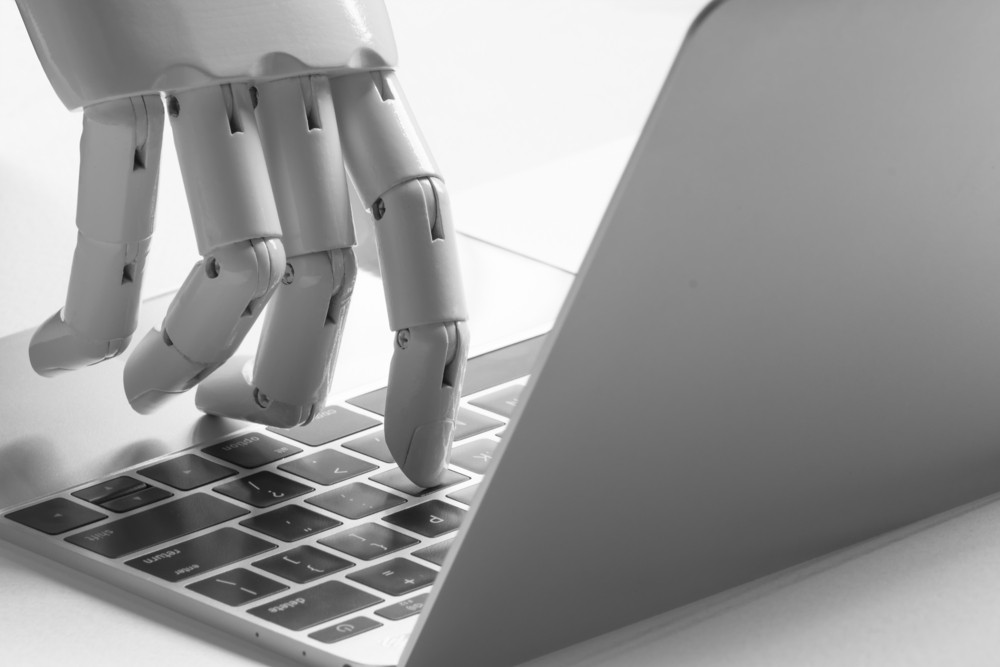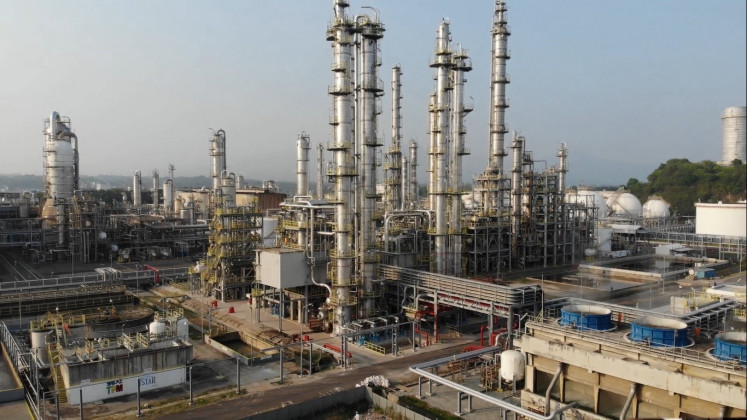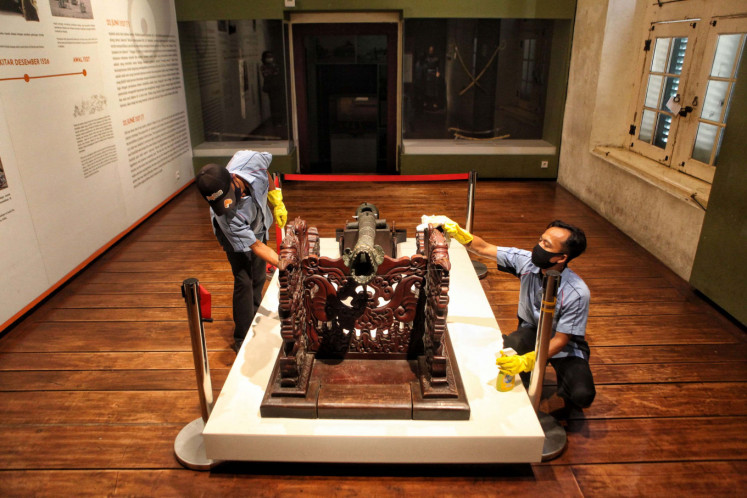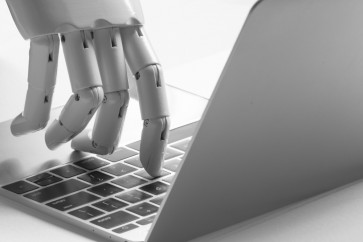Can AI or robots replace managers?
Technology innovations shift careers and markets. However, today the impact of the self-learning robot, AI and other innovations on the job market is uncertain. The latest digital tools are targeting middle class, managerial jobs — an evolution that makes people worried.
Change text size
Gift Premium Articles
to Anyone
 Unsurprisingly, AI will be part of our workforce moving forward and that most occupations will be partially or fully automated. (Shutterstock/Zapp2Photo)
Unsurprisingly, AI will be part of our workforce moving forward and that most occupations will be partially or fully automated. (Shutterstock/Zapp2Photo)
F
rederick Taylor and Henry Ford were among the most influential experts on management. They focused on improving work and cost efficiency, maximizing output and boosting labor productivity, theorizing a link existed between the level of monetary and nonmonetary reward and workers’ effectiveness. “Taylorism” and “Fordism” theories were revolutionary in shaping early 20th century workplace and management systems.
Fast forward to 2019, another era of the industrial revolution, businesses continue to acknowledge the importance of having an efficient and effective workforce and are refining theories and approaches to support this. Some of the largest tech companies like Alibaba, Amazon, Google, Uber — have unveiled new cutting-edge technology that utilizes automation and robotics and reduces reliance on human workers; through, for example, self-driving cars, unmanned warehouses, drone delivery and artificial intelligence (AI).
The debate so far has been concentrated on how many jobs will be replaced as a consequence of increased digitalization and automation. Very little of the debate has focused on the impact that automation will have on employees, organizations and business processes. I would like to examine the impact of the latest innovations in the workplace, such as big data, algorithms, AI, software, smart sensors and other things, on the role of a manager within an organization. What happens if AI is smart enough to replace managers and influence the business decision-making process?
Technology innovations shift careers and markets. In the 19th and 20th centuries, machines replaced boring and repetitive tasks, while human beings were focused on spending more time on higher or more value-added tasks. Machines reduce jobs but improve productivity, which leads to new jobs being created.
However, today the impact of the self-learning robot, AI and other innovations on the job market is uncertain. Some argue that the old robots were “blue collar” workers while the new robots are “white collar” workers. The latest digital tools are targeting middle class, managerial jobs — an evolution that makes people worried.
We already use intelligent software such as Alexa and Siri in our daily lives to inform, entertain and support us. Unsurprisingly, AI will be part of our workforce moving forward and that most occupations will be partially or fully automated. Some companies have gone further and started to entrust their decision-making processes to AI, which has traditionally been the role of a manager.
Business leaders expect it will become standard to deploy AI for some management tasks starting from scheduling and quality control to coordination of work. Traditionally the role of managers and management has been to supervise, enforce controls and have the authority to make decisions on behalf of the organization.

















